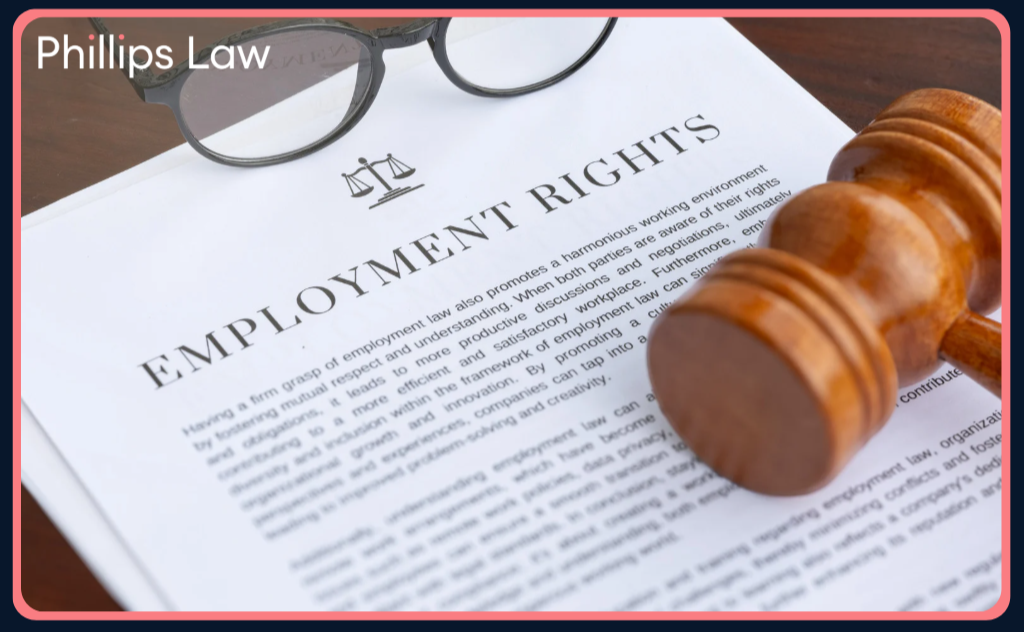
14 February 2018
The term Lasting Powers of Attorney (LPA) may sound like an exciting TV series, but it is in fact a very useful legal document that people really ought to consider having in place alongside their Will.
An LPA is a way of giving someone you trust the legal authority to make decisions on your behalf should you lose mental capacity in the future or if you are worried about managing your affairs in the future. This person is called an Attorney.
You can have more than one Attorney and these can be anyone you chose such as family members or close friends. Clearly, they should be people you trust explicitly. One could be a professional adviser, such as a solicitor, who could oversee the activities of the main Attorney.
There are two different types of LPA. One of them covers decisions about your property and finances, and the other covers decisions about your health and welfare. You can choose to have one or both.
You can appoint the same person or persons to be your Attorney for both LPAs or you can choose different Attorneys.
The LPA will only be valid if you have the mental capacity to set it up and have not been put under any pressure to create it.
It must be countersigned to this effect by a trusted third party and registered with the Office of the Public Guardian.
If you are married or in a civil partnership do not assume that your spouse will automatically be able to deal with your finances and make decisions about your healthcare. This is not the case as, without an LPA, they will not have the authority.
We recommend that everybody has an LPA in place as mental capacity can be lost or diminish suddenly, as a result of a serious accident or suffering an illness.
An LPA is especially important for older people as our bodies seem to be increasingly outlasting our minds. In fact according to the Alzheimer’s Society there are 850,000 people with dementia in the UK, with numbers set to rise to over one million by 2025. This is expected to soar to two million by 2051.
As mental powers reduce, attempting to deal with financial issues, can cause frustration and confusion and increase a person’s vulnerability.
An LPA can certainly provide some peace of mind for all concerned.
If you would like to discuss setting up an LPA, please contact Lucy Watson, head of the Wills & Probate team at Phillips, by calling 01256 854646 or by emailing [email protected]
Click here to find out more about our Wills and Probate services.
Contact Us
Please call us or email and we’ll get back to you as soon as possible.

We are delighted to announce that Phillips Law is the regional sponsor of the Knight Frank Schools Triathlon, supporting both the Charterhouse and Marlborough events. The Schools Triath ...
More
What farming families and business owners need to know If you own a farm, land, or a family business, you will have undoubtedly heard that inheritance tax (IHT) rules are changing. Whil ...
More
We are about to see a great wave of Employment Law changes following the Employment Rights Act 2025 becoming law in December. We will use these updates to keep you abreast of the change ...
More
As we look back on a busy and notable January at Phillips Law, we wanted to share a round-up of recent milestones, insights, and community moments from across the firm. Phillips Law cel ...
More
A guide to share incentivisation for employers and an update on the new employment rights. We have created a morning of practical insight that focuses on how you can reward and retain y ...
More
We are proud to announce Victoria’s Promise as Phillips Law’s Charity of the Year for 2026. Victoria’s Promise is a local charity providing dedicated support to young women aged 25 to 5 ...
More